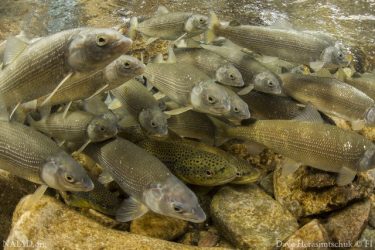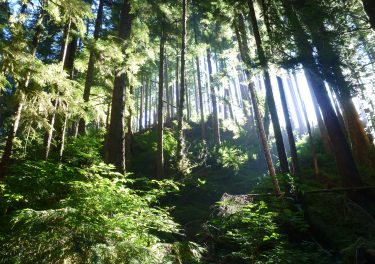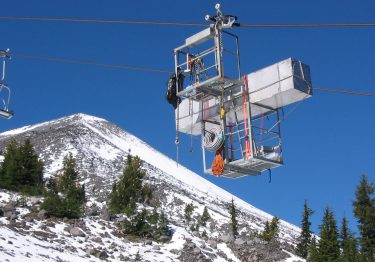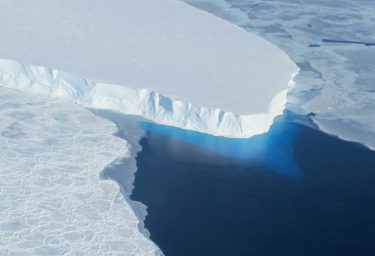
As humans build roads, construct buildings and develop land for agriculture, freshwater ecosystems respond ― but not always in the ways one might expect.
A new study by the University of Washington and Simon Fraser University finds that some fish lose out while others benefit as urban and agricultural development encroach on streams and rivers across the United States. The effects also appear to vary from site to site.
Species diversity can help buffer ecosystems from failing in the face of development, since the fishes respond differently to human activities. The findings were published online in December in Global Change Biology.
“Human activities operating across the landscape don’t randomly impact biodiversity; that is, species survival is not determined by a flip of the coin. Species have different traits and ecologies that determine their sensitivity to environmental change,” said co-author Julian Olden, the H. Mason Keeler Endowed Professor of Aquatic and Fishery Sciences at UW. “Our research suggests that every player in a community is important, to varying degrees, for ecosystem functioning into the future.”
Read more at UW Today »










